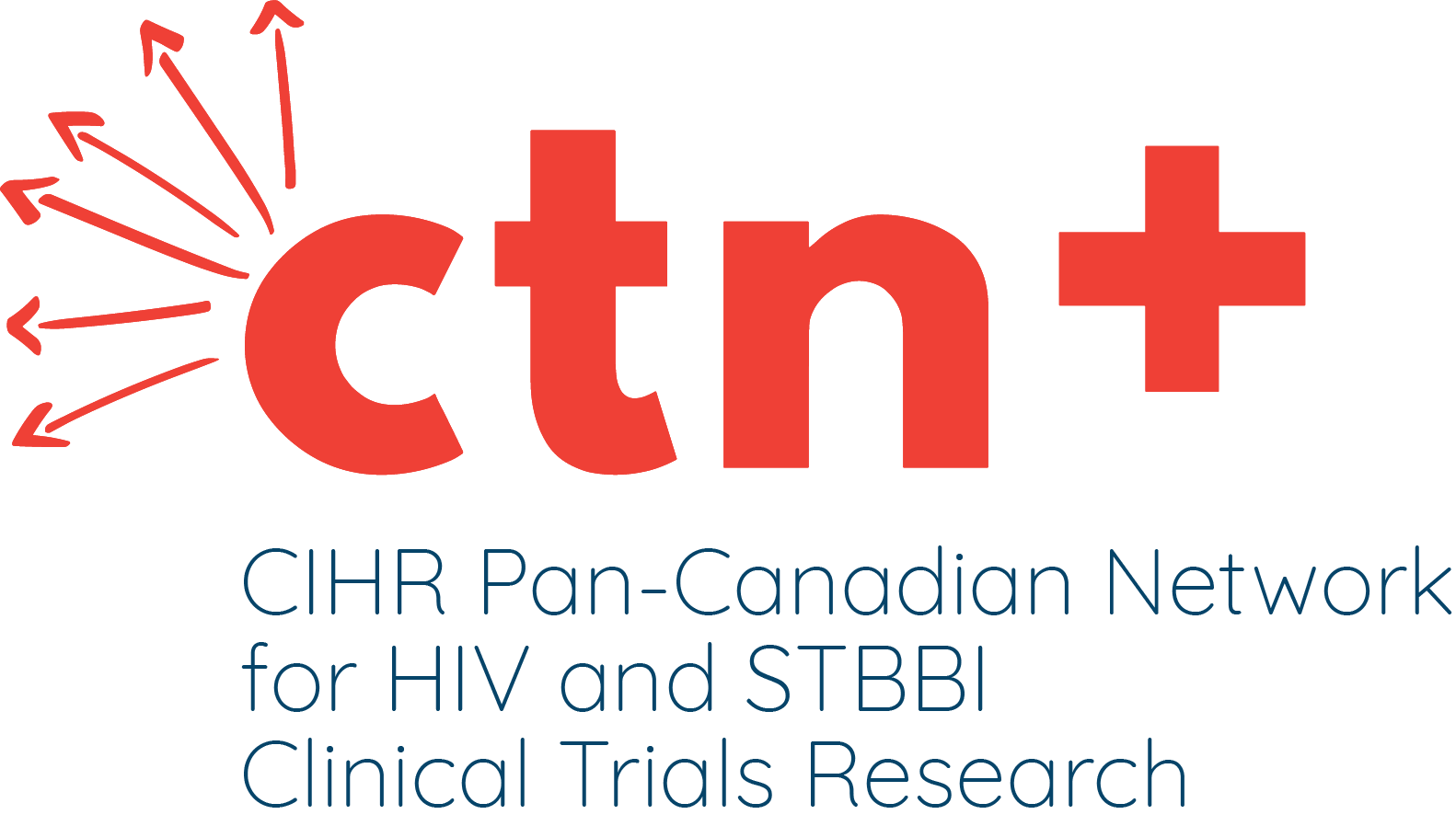For more than three decades, the CTN has played a central role in driving Canada’s HIV research efforts. We now find ourselves in the midst of another global health crisis as the impact of COVID-19 grows. There are still many questions about this disease and what it means for people living with HIV, how it could impact our most vulnerable populations, and how to improve health outcomes for people around the world.
The impact of COVID-19 on people living with HIV (PLWH) is not fully known yet. There is currently no evidence for a higher COVID-19 infection rate or different disease course in PLWH than in HIV-negative people. Current evidence indicates that the risk of severe illness increases with age, male sex, obesity and with certain chronic medical problems such as cardiovascular disease, chronic lung disease and diabetes. Although PLWH who are on treatment with a normal CD4 T-cell count and suppressed viral load may not be at an increased risk of serious illness, many people living with HIV have other conditions that increase their risk. Indeed, almost half of people living with HIV in Canada are older than 50 years and chronic medical problems, such as cardiovascular and chronic lung disease, are more common in PLWH.
Although there is no evidence, one might speculate that immune suppression, indicated by a low CD4 T-cell count (<200/µl), or not receiving antiretroviral treatment, will also be associated with an increased risk for a more severe disease presentation. For patients with low CD4-counts (<200/µl), or who experience a CD4-decline during a COVID-19 infection, remember to initiate opportunistic infection (OI) prophylaxis against PJP in attempt to avoid superinfection.
Smoking is a risk factor for respiratory infections and smoking cessation should therefore be encouraged. Influenza and pneumococcal vaccinations should also be kept up to date.
COVID-19 treatment: antiretrovirals & further options
There are a number of clinical trials ongoing around the world in attempts to find therapies to help manage COVID infection. Many CTN investigators have lent their expertise and are involved in the design and conduct of these studies in Canada. HIV infection is not an exclusion criteria for participation in these clinical trials.
There is ongoing discussion and research around some HIV antiretrovirals which may have activity against COVID-19. The first randomized clinical trial with lopinavir/ritonavir demonstrated no benefit over standard care in 199 hospitalized adults with severe COVID-19. However, the patients studied had advanced disease and their therapy was initiated late. It is unclear whether there could be benefits earlier in disease or as prophylaxis. There is no evidence to support the use of other antiretrovirals, including protease inhibitors; indeed, structural analysis demonstrates no darunavir binding to COVID-19 protease.
A recent case series on hydroxychloroquine (an agent used to treat lupus and other rheumatological diseases), with or without azithromycin (an antibiotic), was not able to demonstrate a clear clinical benefit, despite in vitro inhibition of SARS-CoV-2, due to methodological issues although the same group has postulated an infection control benefit of more rapid viral clearance there was a lack of control arm for comparison.
A further potential drug candidate for treatment of COVID-19 is remdesivir which was originally developed for Ebola therapy. Remdesivir has broad in vitro antiviral activity against SARS-CoV-2. First cases where COVID-19 patients were treated with remdesivir suggest potential clinical benefit. The results from ongoing clinical trials are eagerly awaited.
A recent small study published in The Lancet showed that a triple combination of the HIV antiviral lopinavir-ritonavir, the hepatitis drug ribavirin, and the multiple sclerosis treatment interferon-beta, could be effective in reducing the severity and length of infection in people with mild to moderate COVID-19. The effectiveness of this combination now needs to be tested in a larger sample, and in those with more severe illness.
CTN investigators are watching these and other studies closely. At the present time, there is no evidence for any effective therapy, and we encourage anyone who is diagnosed with COVID-19 to consider enrollment in a clinical trial. Dr. Alice Tseng has updated her HIV/HCV drug therapy app to include any potential drug interactions with these experimental therapies and HIV medications.
Currently there is no evidence available to justify switching a patient from their usual antiretroviral therapy. Switching could be associated with adverse outcomes such as new side effects or loss of viral control. Additionally, there is no evidence to support HIV-negative people taking antiretrovirals outside the context of pre-exposure prophylaxis (PrEP) to prevent HIV acquisition. PrEP should be taken as directed and there is no current evidence that PrEP is effective against COVID-19.
It is important to be in contact with your treatment team if you have any questions and to ensure that you have an adequate supply of your medication as we are unsure how long the epidemic and the restrictions will last. Follow the recommendations of the public health authorities on maintaining social distancing and keep well.
Resources
COVID-19 and HIV: What you need to know (International AIDS Society)
Interim Guidance for COVID-19 and Persons with HIV (US Dept of Health and Human Services)






